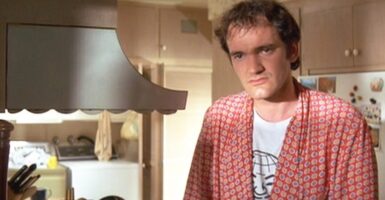Star Wars Icon Says Blackface Is OK For Actors
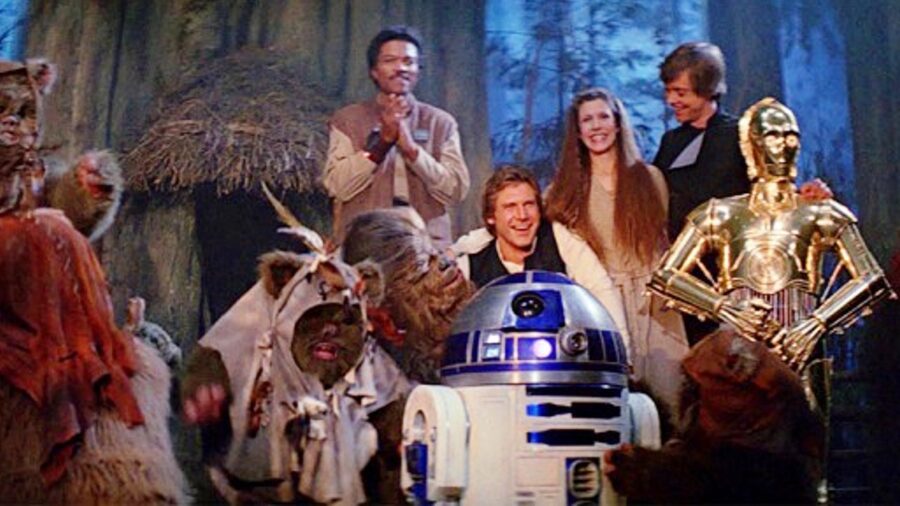
Billy Dee Williams, known for playing Lando Calrissian in the original Star Wars’ Empire Strikes Back and Return of The Jedi has stirred controversy by defending the use of blackface by non-Black actors. The 87-year-old’s comments have sparked widespread criticism, with many expressing disappointment in his stance on a practice widely recognized as offensive and racially insensitive.
Opinion Of Billy Dee Williams
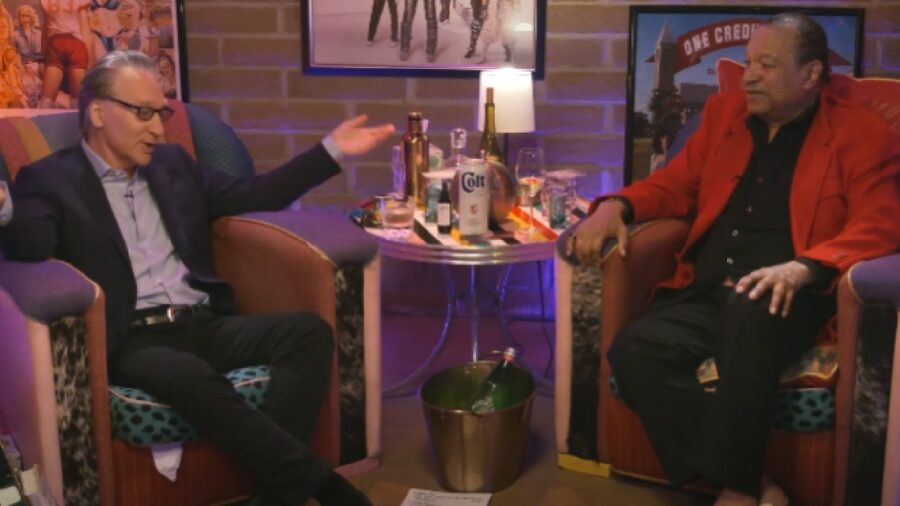
In a recent appearance on the podcast Club Random with Bill Maher, Billy Dee Williams referenced Laurence Olivier’s use of blackface in the 1965 film adaptation of Shakespeare’s Othello, describing it as hilarious. “When he did Othello, I fell out laughing,” the actor said. “He stuck his a** out and walked around with his a**, you know because Black people are supposed to have big a**es,” he continued, praising Olivier’s stereotypical portrayal.
Speaking His Mind
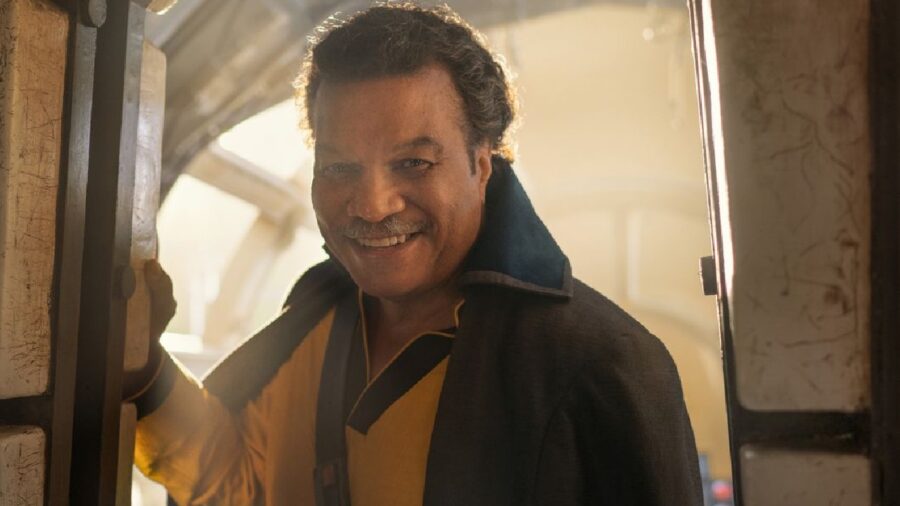
When questioned about the taboo nature of blackface in today’s society, Billy Dee Williams remained unapologetic, asserting that actors should have the freedom to portray any role they want. “The point is that you don’t go through life feeling like, I’m a victim,” he said after it was pointed out that Williams began his career at the height of racism in Hollywood.
“I refuse to go through life saying to the world, ‘I’m p****d off.’ I’m not gonna be p****d off 24 hours a day,” Billy Dee Williams added. However, Williams’ defense of blackface has been met with opposition from many quarters. Critics have pointed out the deeply rooted history of racism and discrimination associated with blackface.
Hollywood’s Complex History With Blackface
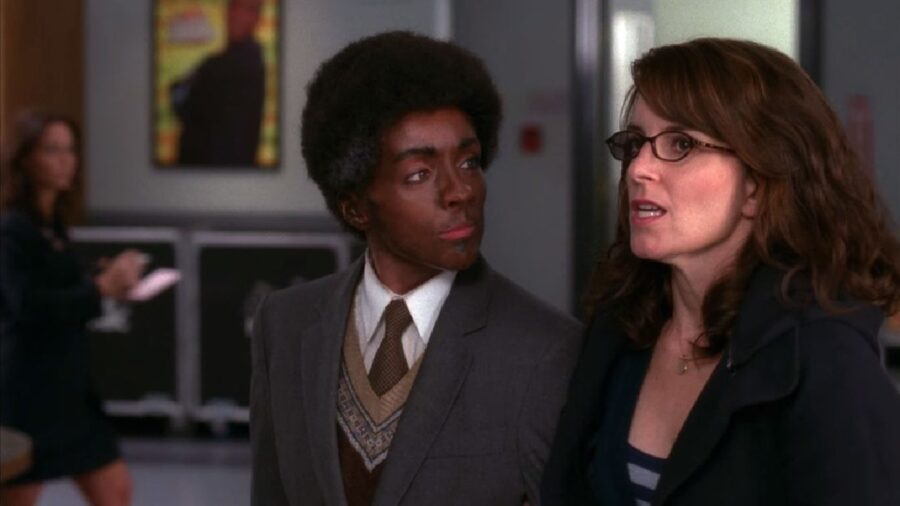
It dates back to the 19th century minstrel shows where white performers would darken their skin with burnt cork or shoe polish to caricature Black people. The practice of blackface contributes to the dehumanization of Black individuals. It is a painful reminder of a dark chapter in entertainment history when Black performers were denied opportunities and relegated to demeaning roles.
Moreover, Billy Dee Williams’ endorsement of blackface is particularly troubling given his status as a prominent Black actor. As a member of a marginalized community, Williams wields considerable influence and has a responsibility to use his platform to promote inclusivity and challenge harmful stereotypes rather than perpetuate them.
Billy Dee Williams Landmark Career
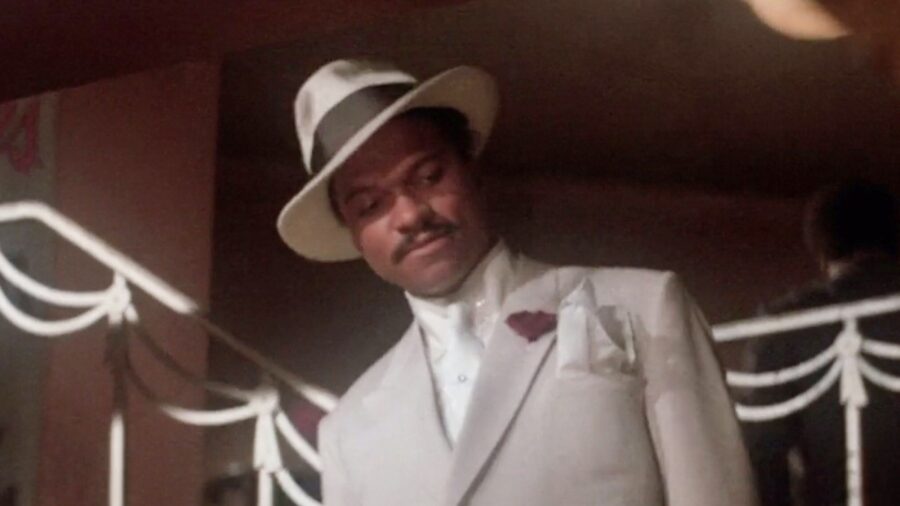
Billy Dee Williams began his acting career in the late 1950s and early 1960s, appearing in various stage productions before transitioning to television and film. In the early years of his career, he often played supporting roles in television series. He made guest appearances on popular shows such as Guiding Light, Mission: Impossible, and The F.B.I.
His breakout role came in 1972 when he starred opposite Diana Ross in the romantic drama Lady Sings the Blues, a biopic about the legendary jazz singer Billie Holiday. Billy Dee Williams received critical acclaim for his performance as Louis McKay, earning a NAACP Image Awards nomination for Outstanding Actor in a Motion Picture.
Star Wars
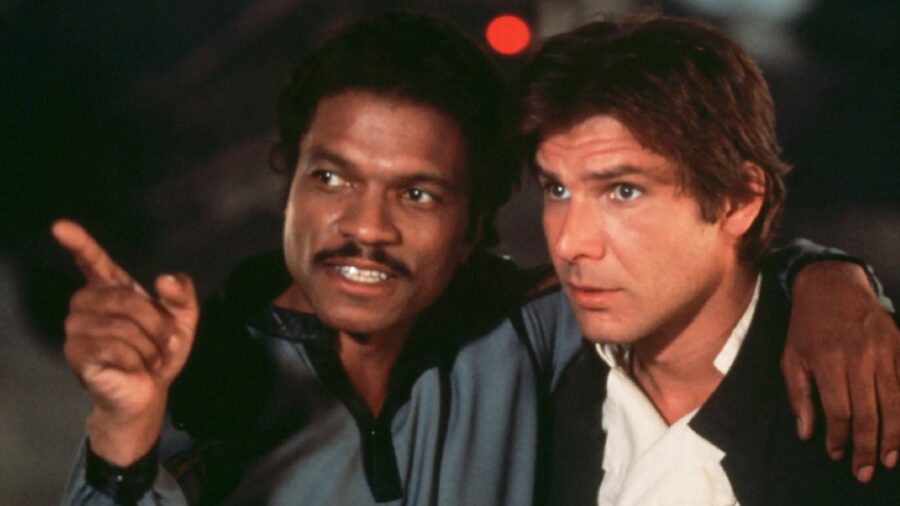
However, it was his portrayal of Lando Calrissian in Star Wars Episode V: The Empire Strikes Back in 1980 and Star Wars Episode VI: Return of the Jedi in 1983 that catapulted Billy Dee Williams to international fame. Lando Calrissian, a complex character with shades of moral ambiguity, became an instant fan favorite and solidified Williams’ place in cinematic history.
Star Of Stage And Screen
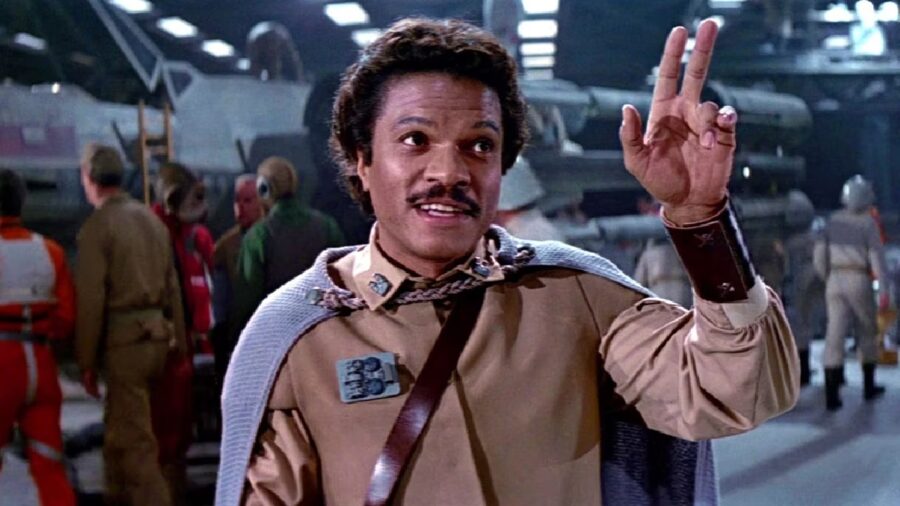
In addition to his work in film and television, Billy Dee Williams has also had a successful career on Broadway and in the theater. He starred in the original Broadway production of I Have a Dream in 1976. The play was based on the life of Martin Luther King Jr., and Williams received critical acclaim for his performance.









